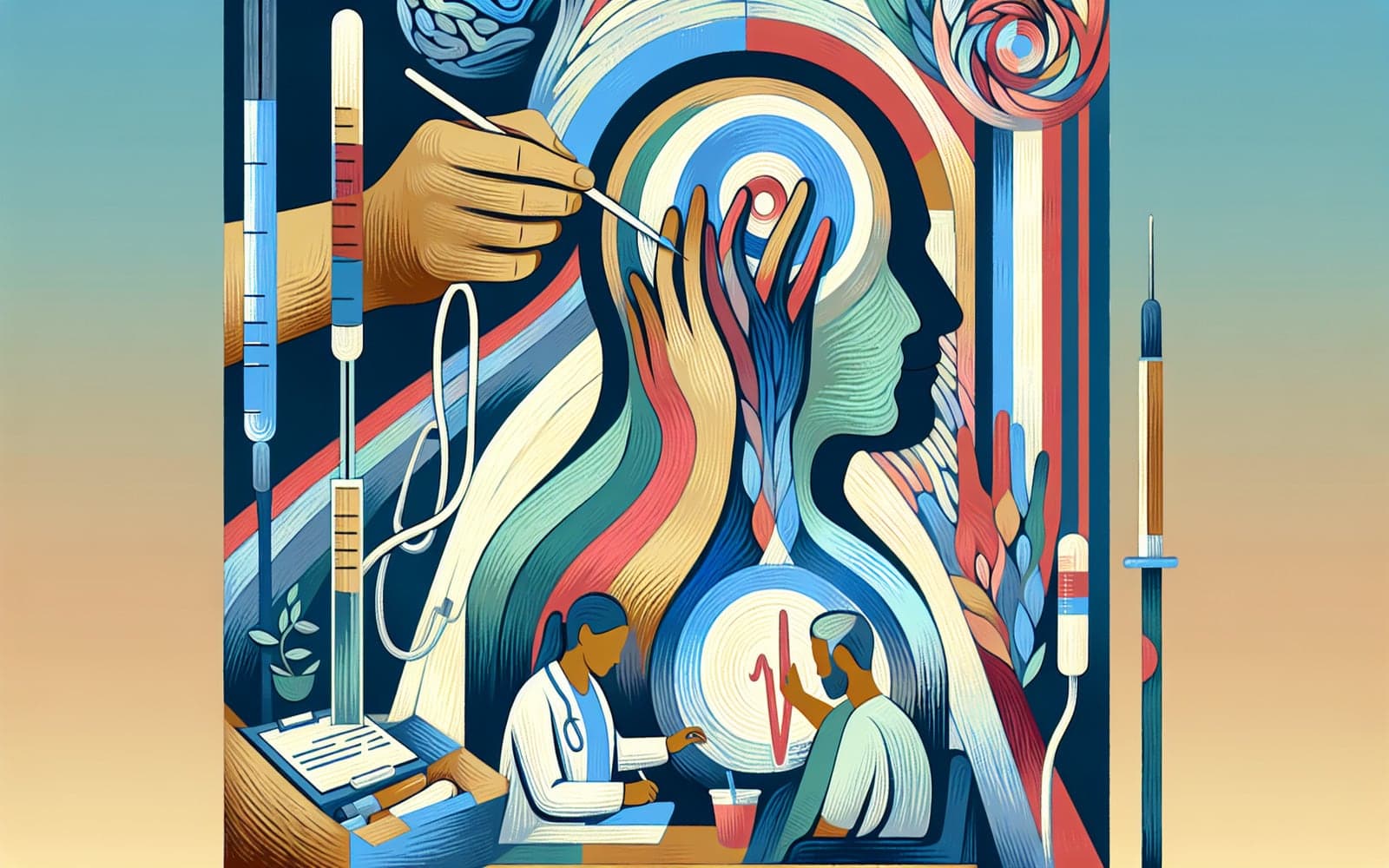Stroke Diagnosis: What Tests Are Involved?
Published: Jul 29, 2024
Diagnosing a stroke quickly can save lives. Let's explore the tests that doctors use to confirm a stroke.
Contents
Initial Diagnosis Steps
When someone shows signs of a stroke, doctors first check vital signs like blood pressure and breathing. They stabilize the patient and then quickly move to brain imaging tests. The first imaging test is usually a CT scan, as it can quickly show if there's bleeding in the brain.
The Role of MRI in Stroke Diagnosis
While CT scans are fast, MRIs provide more detail, especially for smaller strokes. An MRI can detect early signs of a stroke and can be crucial in distinguishing between ischemic and hemorrhagic strokes. The MRI uses powerful magnets and radio waves to create detailed images of the brain.

Advanced Testing Techniques
In some cases, doctors use more specialized tests like angiography to see the blood vessels in the brain. Doppler ultrasound can also be used to check blood flow in the neck and head. These tests help pinpoint blockages or irregularities that might have caused the stroke.
Frequently Asked Questions
It's fast and can quickly show if there's bleeding in the brain.
It provides detailed images and can detect early signs of a stroke.
Yes, tests like angiography and Doppler ultrasound are also used.
Yes, they use magnets and radio waves for detailed brain images.
Key Takeaways
Quick and accurate testing is essential for effective stroke treatment.
Ask Doctronic about the best tests for stroke diagnosis today!Related Articles
References
Caplan LR. Imaging and laboratory diagnosis. In: Caplan's Stroke: A Clinical Approach, 4th, Saunders, Philadelphia 2009. p.87.
Macellari F, Paciaroni M, Agnelli G, Caso V. Neuroimaging in intracerebral hemorrhage. Stroke 2014; 45:903.
Always discuss health information with your healthcare provider.

